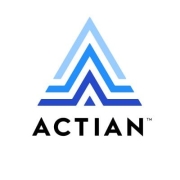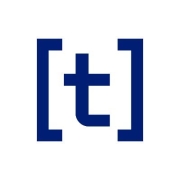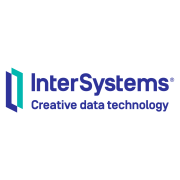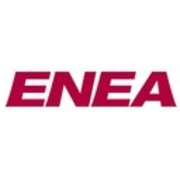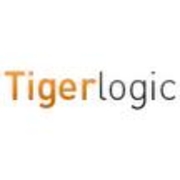Non-Relational Databases, also known as NoSQL databases, provide flexible and scalable solutions for managing large-scale data that doesn't fit into traditional table structures. They support a wide range of data models and are ideal for big data and real-time applications.
To learn more, read our
Non-Relational Databases Buyer's Guide (Updated: March 2025).
The top 5 Non-Relational Database solutions are FoxPro, Oracle Berkeley DB, InfluxDB, Actian Versant FastObjects and Actian NoSQL Object Database, as ranked by PeerSpot users in March 2025. InfluxDB received the highest rating of 8.3 among the leaders and is the most popular solution in terms of searches by peers, and FoxPro holds the largest mind share of 13.3%.
Non-Relational Databases are used by organizations that need to store and retrieve large amounts of unstructured or semi-structured data. They offer versatility in terms of data models, including document, graph, key-value, and column-family databases. This flexibility allows for better performance and horizontal scaling, making them suitable for modern applications like social networks, e-commerce, and IoT platforms.
What are the critical features?
- Schema-Less Data Storage: Allows the storage of data in a variety of formats without a predefined schema.
- Horizontal Scalability: Easily scales out by adding more servers to handle increasing workloads.
- Flexible Data Models: Supports multiple data models, including document, key-value, graph, and column-family.
- High Availability: Provides robust mechanisms for data replication and distribution.
- Distributed Computing: Ensures efficient distribution of data across various nodes.
What are the benefits and ROI?
- Improved Performance: Optimized for speed and performance, especially for large datasets.
- Enhanced Scalability: Can handle large data volumes without degradation of performance.
- Cost-Effectiveness: Reduces costs by using commodity hardware for data storage and processing.
- Better Data Management: Easily manage and process unstructured data from diverse sources.
- Increased Flexibility: Adapts to changing data requirements without major restructuring.
In e-commerce, Non-Relational Databases handle extensive and varied product catalogs efficiently. Social networks use them for storing user-generated content, relationships, and interactions. IoT platforms leverage them to manage the massive inflow of time-series data from connected devices.
Non-Relational Databases are beneficial for organizations looking for scalable, flexible, and high-performance data management solutions. They ensure better handling of complex data structures, support rapid development cycles, and provide resilience against massive data workloads.



